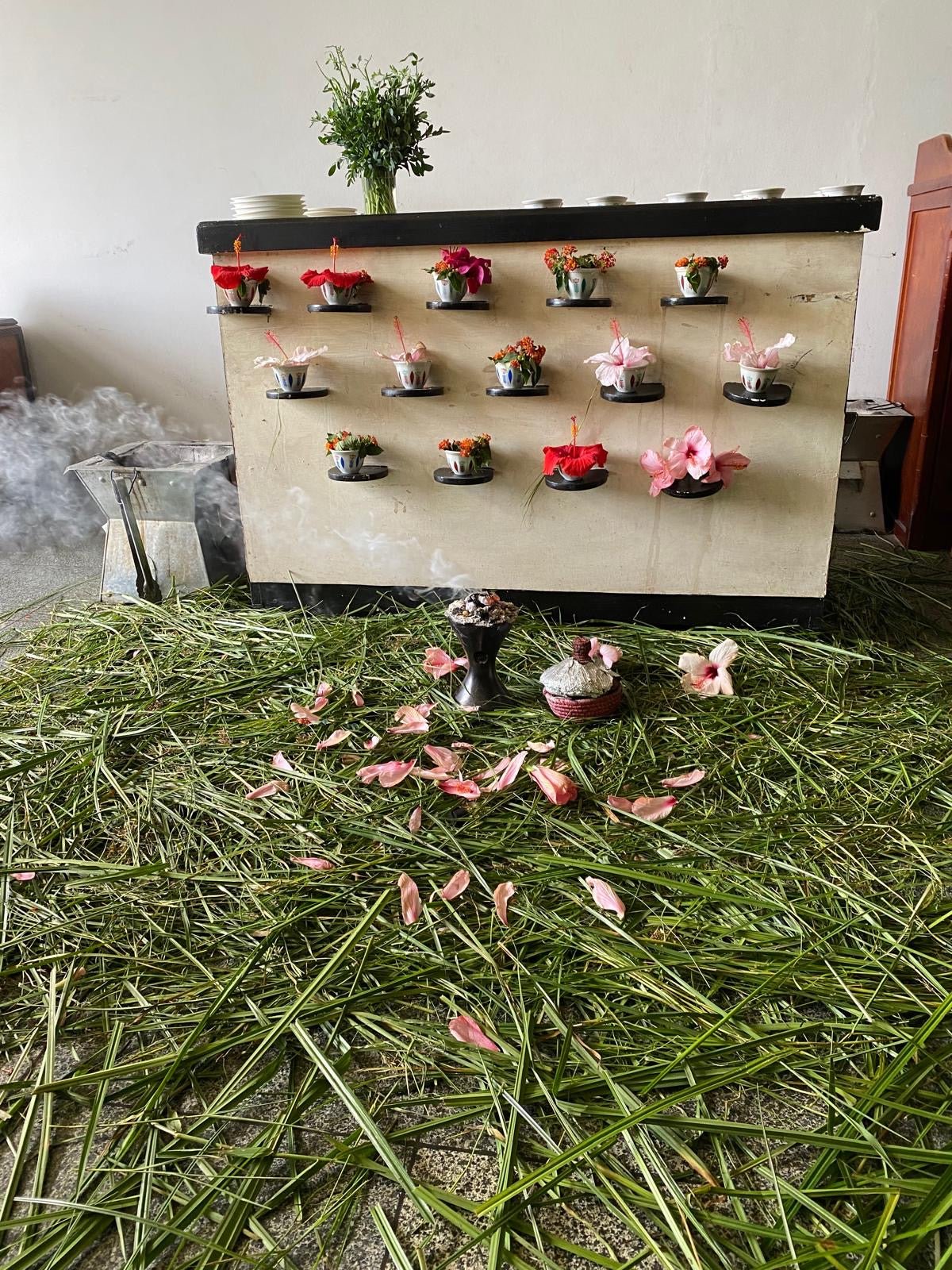
The Legend of Ethiopian Coffee
Many in the specialty coffee world are familiar with the story of Kaldi, the goatherd credited with discovering coffee. And with that, the legend of Ethiopian coffee was born. But the beauty of the story is that it didn’t end there. Ethiopia, as a country, along with many individuals and companies, has invested in the craft of specialty coffee to continue the rich tradition of growing and exporting some of the most amazing coffee in the world.

Experiencing Ethiopia Firsthand
I’ve had the great fortune to visit Ethiopia on a couple of occasions, once in early 2019 and again in late 2022. Each time felt like a gift, as I learned not only about the specialty coffee world but also about the rich culture that exists alongside it. The fact that Ethiopia is one of only two countries in Africa (the other being Liberia) that was never colonized has allowed for a deep and unique civilization to evolve through the generations.
Ethiopian Cuisine: A Sensory Experience
The food is absolutely incredible. The most common way to sample it is by gathering around a large metal tray filled with mounds of meats and veggies, with injera, a thin, pancake-like bread made from tef, portioned throughout. Using the injera as your scoop, you get to explore the world of Ethiopian cuisine as if it’s a “best of” competition and you’re the judge.
Sourcing Coffee in the Ethiopian Countryside
Once you’ve properly nourished yourself, there’s even more to explore in the beauty of this East African nation—from the inviting communities spread throughout the lush landscape of coffee country. When sourcing coffee and building relationships with producers, many hours are spent in a vehicle, navigating the countryside from one farm to another, typically far removed from Addis Ababa, the capital city of nearly 3 million people.
Throughout the journey, there are frequent stops for coffee on the side of the road. One fascinating thing I noticed is that despite Ethiopia being known for its delicate fruity and floral notes, the coffee served along the way is often darker roasted, without much nuance. There are several reasons for this, but like many coffee-producing countries, Ethiopia exports its highest quality beans, leaving the local market with more basic coffee. I now understand why it's common to add a large scoop or two of sugar to the thick caffeinated liquid.
The Ethiopian Coffee Ceremony: A Deeply Rooted Tradition
That said, Ethiopia’s internal coffee culture is not without its charm. The country has a deep respect for the ritual of coffee, with many places referring to it as a “coffee ceremony.” This tradition highlights the role coffee plays in Ethiopian social life. I was invited to watch and even participate in this ritual multiple times, where coffee is roasted in a pan over a small fire.
The roaster shakes the beans until they reach a consistent dark brown to black color. Once roasted, the beans are ground by hand with a steel rod and then brewed in a traditional clay pot over hot coals. After steeping for a few minutes, the coffee is poured into small ceramic cups and served fresh to a grateful crowd as people gather and converse.

Coffee as a Connector
One of the things that constantly amazes and inspires me is how coffee brings people together. Whether it’s a centuries-old practice in the Horn of Africa or a trendy new café in the U.S., coffee has this incredible ability to facilitate connection and deepen relationships. So many hands are involved throughout the process, but a shared passion unites us. We’ll drink to that!
Interested in tasting the fruits of Ethiopian coffee cultivation? Checkout our Ethiopian Coffee selections at Utopian Coffee and learn more about how we partner with coffee producers to bring you the best in specialty coffee.
